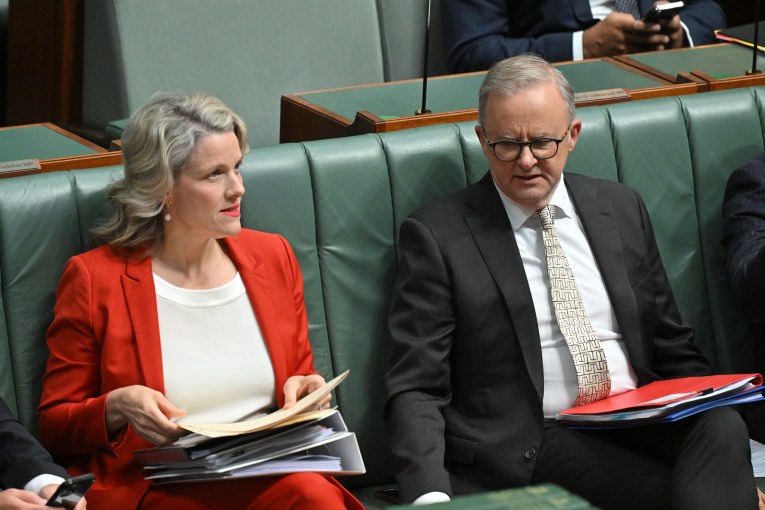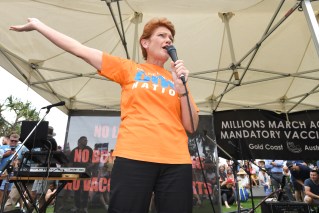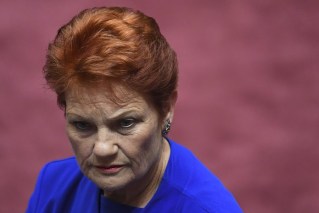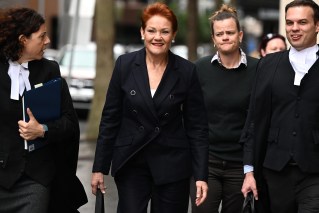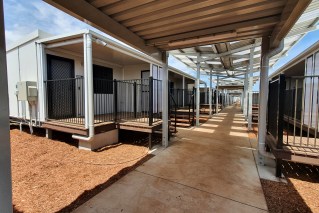Dead reckoning: Government under pressure to reform retiree tax breaks
There is renewed pressure to wind back tax breaks for retirees, which a new report says will soon cost more than the age pension, as part of a policy rethink in the upcoming federal budget.
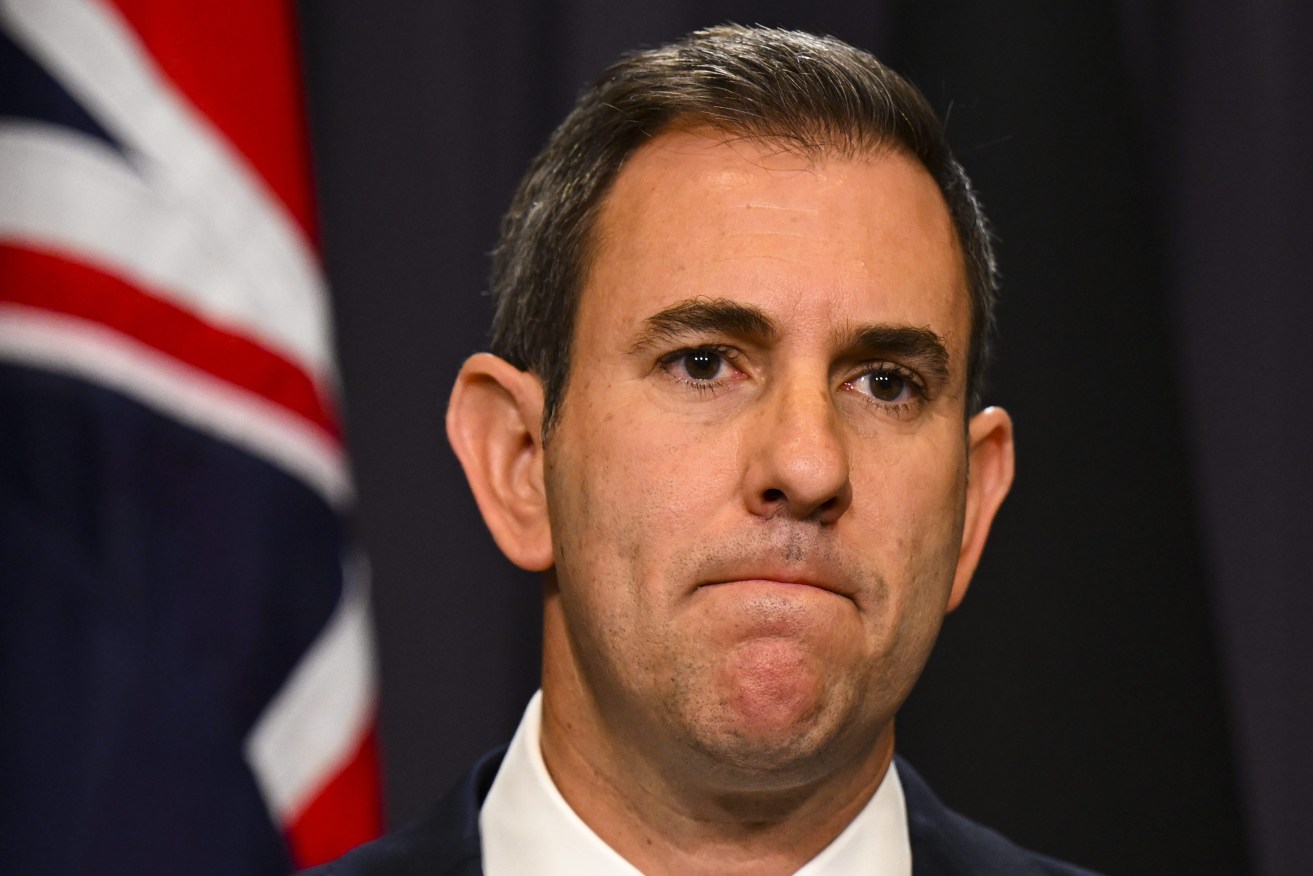
Treasurer Jim Chalmers deliverrf the federal budget last night. (AAP Image/Lukas Coch)
The Grattan Institute report showed superannuation tax breaks cost the budget $45 billion a year, or about two per cent of GDP.
Two-thirds of their value benefit the top 20 per cent of income earners and retirees with large super accounts pay much less tax per dollar of earnings on them than younger workers do on their wages.
The government has already flagged reform in the area, announcing in February it intended to reduce super tax concessions available to people whose total balances exceeded $3 million.
The changes – which are now open for public consultation via Treasury – would apply from July 1, 2025, and save about $2 billion a year.
There is strong evidence suggesting much of the boost to super balances from tax breaks is never spent.
By 2060, one-third of all withdrawals from super will be via bequests, up from one-fifth today.
“Super has become a taxpayer-funded inheritance scheme,” report lead author Brendan Coates said.
“Reining in super tax breaks is a responsible way to boost government revenues in a world where the government has committed to higher spending on defence, health care, aged care, and disability care.”
Reforming the system could save the budget more than $11.5 billion a year, the report said.
Measures could include:
* Raising “Division 293 tax”, which curbs tax breaks to high-income earners on their pre-tax super contributions, from 30 per cent to 35 per cent, and lowering the income threshold at which the tax applies from $250,000 to $220,000 a year ($1.1 billion a year in budget savings).
* Lowering the cap on pre-tax super contributions from $27,500 to $20,000 a year ($1.6 billion a year in budget savings).
* Abolishing carry-forward provisions and government co-contributions, which were intended to encourage catch-up contributions but facilitate tax minimisation ($1.1 billion a year in budget savings).
* Taxing all superannuation earnings in retirement at 15 per cent, the same rate that applies to super earnings before retirement ($5.3 billion a year in budget savings).
* Taxing earnings on super accounts with more than $2 million (rather than $3 million under the government’s reforms) at 30 per cent ($3 billion a year in budget savings).
Coates said the superannuation system was “unfair and unsustainable” and changes would make it fairer and boost the budget.
Prime Minister Anthony Albanese said the government was looking to provide responsible cost of living relief rather than a “cash splash” in its second budget, to be delivered on May 9.
“If you just have a cash splash, which is what happened in the coalition’s last budget, that actually added to some of the inflationary pressure that was there in the economy,” he told ABC Radio.
The budget will include $1.5 billion of energy price relief that passed parliament in December as well as investments in cheaper childcare and medicines that Albanese said would not fuel inflation.
Finance Minister Katy Gallagher said funding key budget items due to expire, such as Australia’s online library database, was also part of the government’s budget challenge.
On Monday, the government announced $33 million across four years to help save the Trove database from a “funding cliff”.
“We’ve obviously only been in government for 10 months, and we’re having to clean up a fair bit of mess that’s been left in the budget,” Gallagher told ABC Radio.
